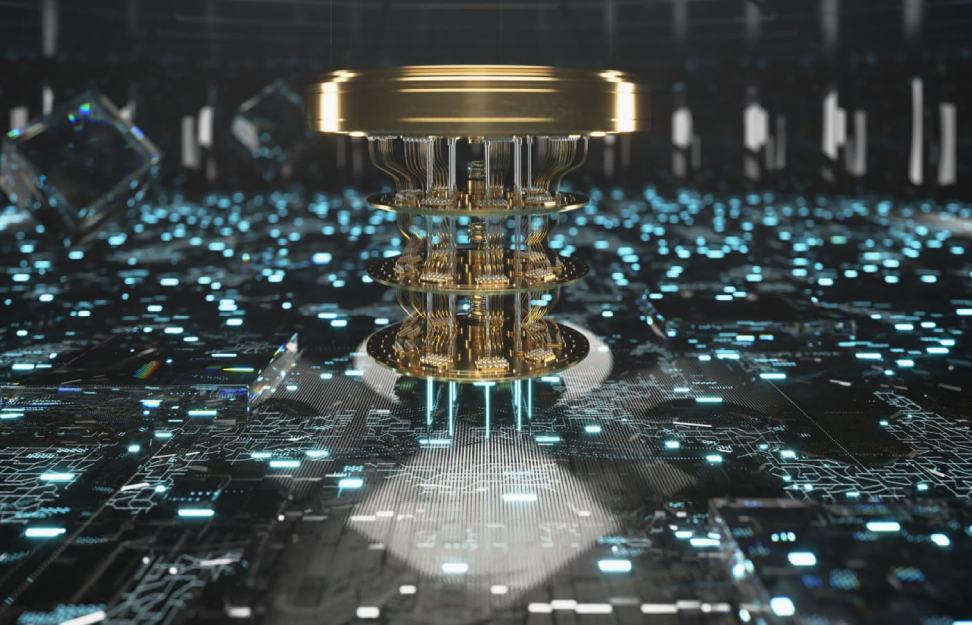Lotus365 Book, Lotus365, Lotus365: Quantum computing is a cutting-edge technology that makes use of the concepts of quantum physics to do tasks much beyond the scope of conventional computers. Comparing quantum computers to classical computers, which use bits to encode information as either 0 or 1, quantum bits, or qubits, are able to exist in several states simultaneously because of superposition. As a result, quantum computers can handle enormous volumes of data and find solutions to challenging issues far more quickly than traditional computers.
Using entanglement, a phenomenon in which two qubits become so intertwined that their states directly affect one another, irrespective of their distance from one another, is one of the most fascinating features of quantum computing. Because of this feature, quantum computers are able to process enormous amounts of data simultaneously. Even while quantum computing is still in its infancy, academics and tech firms are making significant investments in the field in an effort to realize its full potential and transform a variety of sectors, including cybersecurity and medicine development.
Understanding Quantum Mechanics
Quantum mechanics is a branch of physics that describes the behavior of matter and energy at the atomic and subatomic levels. At this scale, traditional classical physics principles no longer hold true, and quantum mechanics provides a more accurate framework for understanding the underlying nature of interactions in these systems.
Fundamentally, quantum mechanics posits that particles such as electrons and photons can exist in multiple states simultaneously, in what is known as superposition. Furthermore, the idea of quantum entanglement implies that particles can entangle with one another so that, despite their distance from one another, the state of one particle directly affects the state of another. These unique principles challenge our conventional intuition about physical reality and open up a world of possibilities for innovation in fields such as quantum computing and cryptography.
What is quantum computing?
Quantum computing is a branch of computing that manipulates data by applying the ideas of quantum physics.
How does quantum mechanics differ from classical mechanics?
Lotus365 Id, 99exch, 99exch.com Login: Quantum mechanics is the branch of physics that deals with the behavior of particles at the smallest scales, while classical mechanics deals with the behavior of larger objects at everyday scales.
What are some practical applications of quantum computing?
Quantum computing has the potential to revolutionize fields such as cryptography, drug discovery, and optimization problems.
Is quantum mechanics difficult to understand?
Quantum mechanics can be challenging to grasp due to its counterintuitive nature, but with dedication and study, it can be understood.
How does quantum computing represent data differently from classical computing?
Quantum bits, or qubits, are the building blocks of quantum computing. Because they may exist in numerous states at once, they enable parallel processing and more computational capability.
Are there any limitations to quantum computing?
Quantum computing is still in its early stages of development and faces challenges such as error rates and scalability. Researchers are actively working to overcome these limitations.
Have A Look :-
- Women Crave Mind-Blowing Sex
- When You Should And Shouldn’t Try For Sex
- How To Convey Your Sexual Side From The Start


